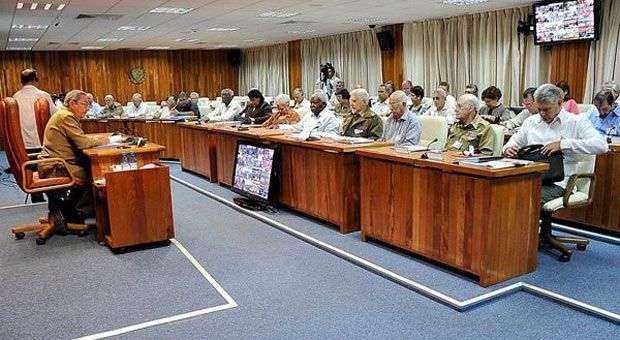After meetings of the Council of Ministers of Cuba, led by President Raul Castro, official media announced several changes in the economic policy of the country.
The first of the provisions issued is aimed at updating national drug program for the population. The meeting agreed to review and renew the National Drug Program, through a policy that “prioritizes the development of production and appropriate use of medicines.”
This also lead to ensure a policy of 120 days supply of medicines in the distribution centers and create a new system of management and leadership in pharmacies and optical facilities including computerization of the management and sale of drugs between 2014 and 2017 .
It was also decided to repair and build more nursing homes, between 2013 and 2015, in the face of the increasing aging population on the island
Although data relating to population aging has not been fully unveiled some results were known from the latest Population and Housing Census on the island, which showed that the Cuban population amounted to 11,167,325 inhabitants, 10,418 less than in the 2002 Census. Most of the population is women (50.1%) and men are for the first time ever in minority (49.9%).
The meeting also discussed the creation of a third group of 73 new non-agricultural cooperatives. Of these 38 will be devoted to trade and gastronomy, one to industry, one to transportation, and 33 to building.
It also approved the proposal for improvement of the Ministry of Construction, which provides for the reduction of a high percentage of budgeted positions in the area, rising to the business system for greater efficiency.










